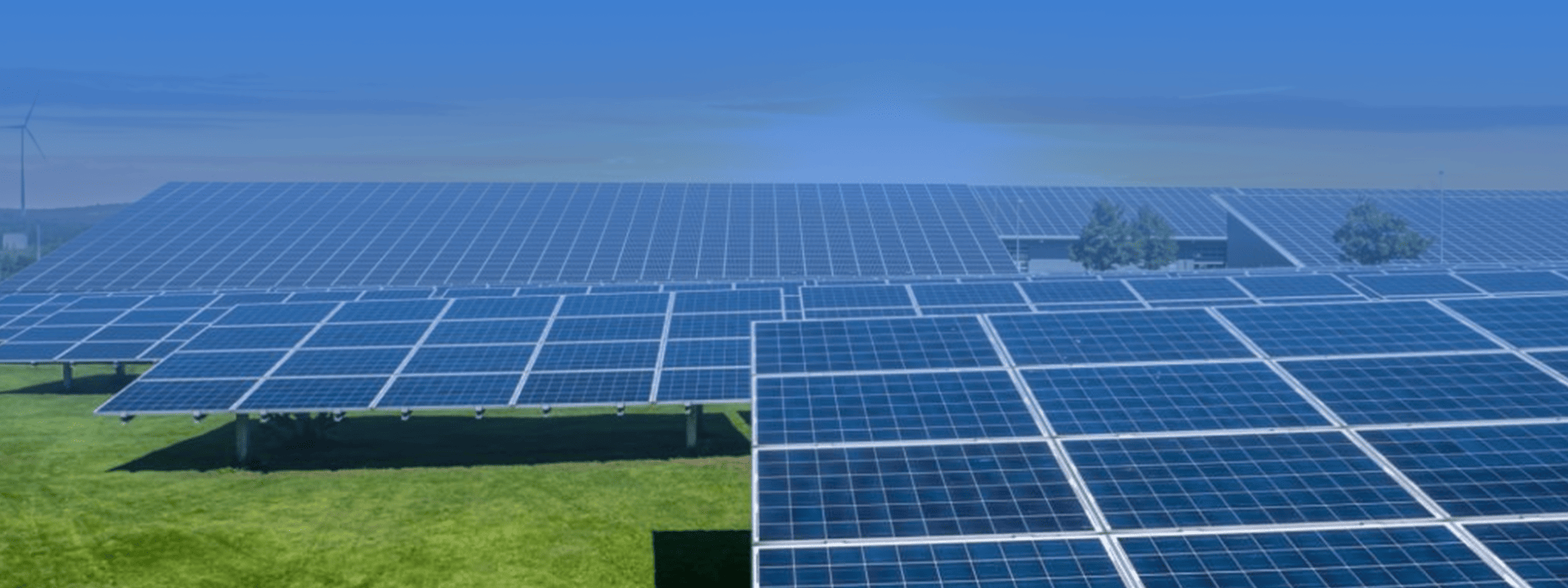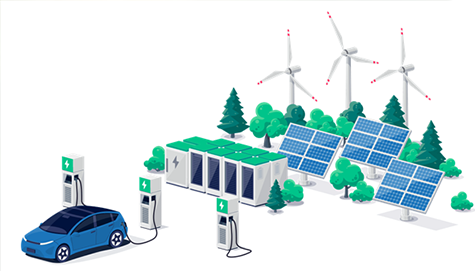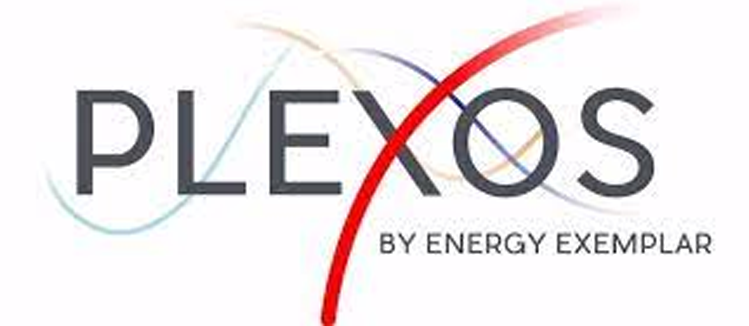Energy Modelling incorporates simulation and forecasting of the electricity grids by considering various input parameters such as the existing and contracted generation, the hourly Renewable Energy (RE) generation profiles and load profiles, load projections, transmission constraints, and several other scenarios. These input parameters represent the operating conditions of the grid, and a scenario and uncertainty analysis add a layer of reliability to the results. Processing such simulations on mathematically driven optimization engines can highlight the long-term resource mix under various scenarios and uncertainties while also providing a short-term hourly/sub-hourly dispatch analysis. These results give a practical insight into grid operations that can enable various stakeholders to take informed decisions.
We have a dedicated modelling team under the ET practice that is experienced in using various modelling tools. We have partnered with Energy Exemplar, Australia, for promoting PLEXOS as an integrated energy modelling solution for the changing face of the Indian power sector. With PLEXOS, we can offer the following niche services:
- Long-term capacity expansion and hourly dispatch modelling
- Renewable energy and storage modelling
- RTC modelling
- Thermal assets modelling and fuel management
- Portfolio optimization
- Financial modelling and contract price optimization
- Evaluating investment opportunities
- Energy price forecasting and market analysis
- Uncertainty analysis using Monte-Carlo simulations and stochastic optimization.
We have extensive modelling experience, having been in the following exercises, to name a few:
- National and state-specific least-cost expansion and dispatch studies
- Business models for pumped storage Hydro
- Maximum banking potential for a state
- C&I and RTC modelling
- Long-term power procurement plan for a distribution company






